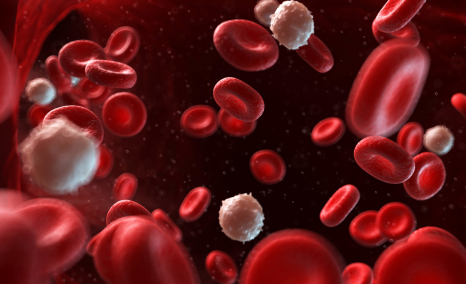Celiac Disease (Gluten-Sensitive Enteropathy) is a chronic, autoimmune, inflammatory disease of the small intestine characterized by damage to the lining of the small intestine and typically leads to dyspepsia, malabsorption and a variety of other symptoms. Individuals with Celiac Disease carry DQ2 or DQ8 MHC class II haplotypes, triggered by ingestion of gluten. It is considered as an inflammatory state of the small intestine which occurs in genetically predisposed individuals and resolves with the exclusion of dietary gluten. It is caused by an immunological reaction to gluten found in wheat, barley, rye, and oats. It can lead to other autoimmune disorders like Type I Diabetes, Multiple Sclerosis, Dermatitis Herpetiformis, Anemia, Osteoporosis, Infertility and Miscarriage, Neurological conditions like Epilepsy and Migraines, Short Stature, and Intestinal Cancers if it remains untreated.
According to the World Gastroenterology Organization, Celiac Disease is divided into Classical Celiac Disease; Non-Classical Celiac Disease and Silent Celiac Disease. Celiac disease occurs from an interaction between genes, eating foods with gluten and other factors which include infant feeding practices, gastrointestinal infections and infection with gut bacteria. The pathogenesis of Celiac Disease involves multiple proposed pathways that lead to enterocyte destruction and subsequent villous atrophy – all which are related to dietary gluten, the major storage protein of wheat, barley and rye.
At present, there is no approved treatment for this indication and very few drugs are there in a higher stage in the pipeline. Only 5 companies are working in Phase II and Phase I drug development for its treatment with no Phase III stage development. Larazotide acetate has the potential to become the first approved medicine to treat celiac disease and has been granted “Fast Track” designation from the FDA. Innovate is targeting 2018 for drug approval. Most of the drugs are in Pre-clinical stage and companies are working with a hope of providing better treatment options to gluten insufficient patients.



